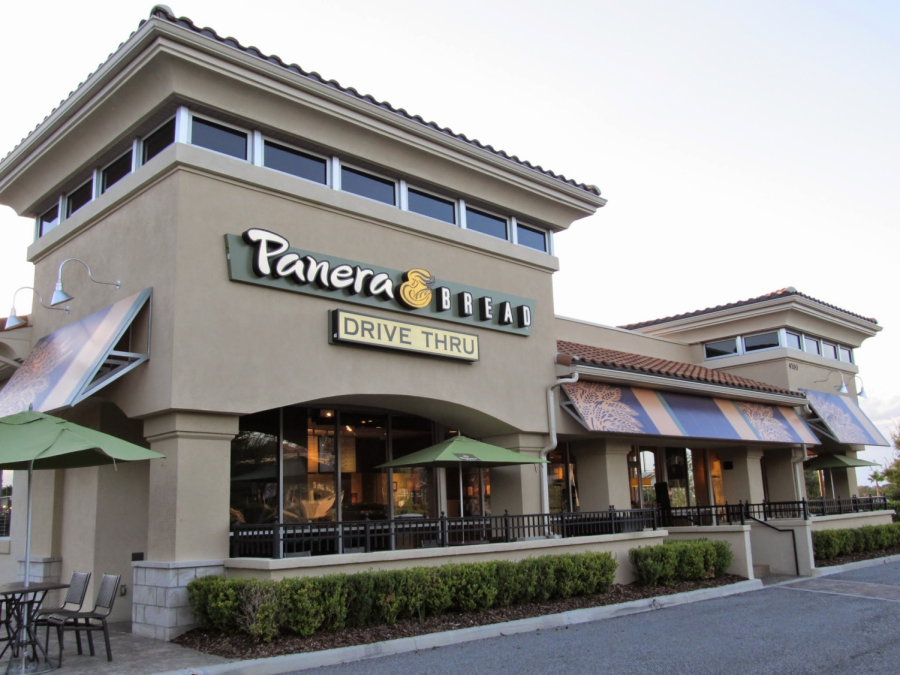E. Coli Outbreak Traced to Panera Bread
Your favorite sandwich or bread bowl at Panera Bread may be making you violently ill.
An E. coli outbreak in New Jersey has a 100 percent hospitalization rate and is possibly linked to eating at Panera Bread, based on patient interviews.
The New Jersey Health Department issued a statement in which it said, “We’re working with the FDA district office in New Jersey and our own investigators to trace back sources of food the individuals may have eaten as well as looking at records such as invoices of vouchers of food deliveries made to any of the restaurants that may be part of the investigation.”
Sarah Perramant, public health epidemiologist in Warren County, told NJ Advance Media on April 12 that health officials were looking into a Panera Bread in Phillipsburg one of the possible sources of E. coli exposure. Phillipsburg is a town in New Jersey with over 14,000 people located approximately on the north side of New Jersey and on the Pennsylvania border.
New Jersey health officials have confirmed two more E. coli cases in the state amid a cluster of cases spanning four counties and possibly linked to the popular restaurant chain. E. Coli is a virus in your intestines that is associated with food poisoning. Some symptoms of E. Coli are nausea, vomiting, stomach cramps, diarrhea, fever, loss of appetite, and mild dehydration.
“The Department is investigating a possible association with a chain restaurant, but the association may be broader than a single chain restaurant,” the state health department’s statement said.
At least eight E. coli cases have been reported so far in Hunterdon, Middlesex, Somerset and Warren counties, the New Jersey Department of Health said in a statement on Friday, April 13.
The state Health Department said that all eight of the E. coli patients had been hospitalized but that five of the eight have been discharged.
The Marler Clark Food Safety Law Firm explained ways to prevent the spread of E. Coli by cleaning and sanitizing all imported and domestic fruits or vegetables. All can be carrying diseases, so cleaning and skinning foods is the best way to prevent the virus.
Congress has been working on statutes to ensure the safety of the food supply.
Billy Smith is a senior from Boston, Ma. He currently lives in Ford Hall and plays hockey and golf. Billy enjoys spending time with friends and following...










